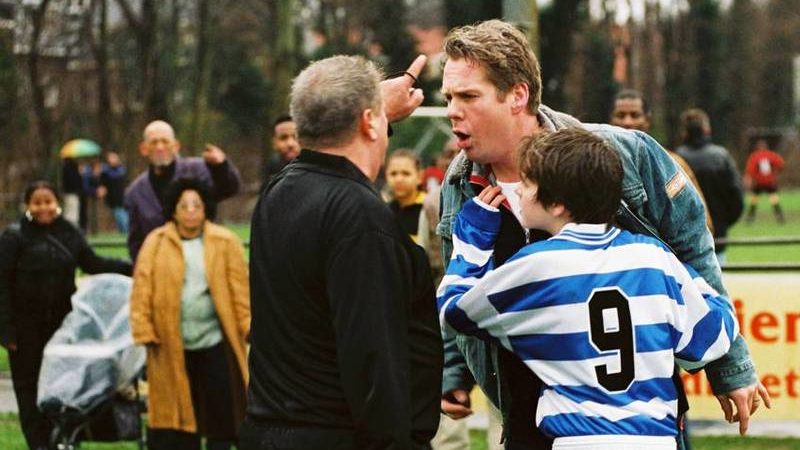4 leadership lessons from Serena Williams

What is it that makes Serena Williams the ultimate competitor? How has she not only won consistently, but also established herself as perhaps the most dominant athlete of our time? And what can business leaders, high-performance coaches and top-flight athletes learn from Williams’ sustained success? The answer is leadership.
There are four simple traits that Williams has refined to perfection. By implementing these practical principles into your daily routine, you will experience an immediate “uptick” in your leadership effectiveness. You may even become the grand slam champion of your business or sport.1. Take the long-term view.
For Williams, “life is so much bigger than tennis.” Throughout her illustrious career, she has surrounded herself with family, trusted advisors and close friends. And though she’s not particularly regarded publicly as highly compassionate, after this year’s Wimbledon singles victory, Williams told opponent Garbine Muguruza, “Don’t be sad. In a couple of years, you can win Wimbledon.”
For business or team leaders, the value of sustaining a long-term perspective is no different.
“One of the things we do to stay organized and focused on big-picture goals is review the strategic plan with the department of athletics administrative team on a weekly basis,” says Marcus Manning, director of athletics at Maryville University in Missouri.
2. Be brutally honest with yourself.
The more you study Williams, the more you find that she is incredibly self-aware. She astutely understands her strengths, weaknesses and is always striving to evolve, personally and professionally.
“I keep reinventing myself in terms mental focus, physical fitness and my overall game,” said Williams.
Manny Diaz, head men’s tennis coach at the University of Georgia, has led the program to six NCAA team championships. Diaz credits much of his leadership success to a never-ending commitment to growth and development.
“Personally, the most important leadership practice for me begins with being brutally honest with myself as it relates to our team,” he said. “I have a need to learn each year what can be done to be better. It begins with self-analysis and that leads to action. My goal is to not stand still.”
“If I were only doing the things that made me successful 20 years ago, I would be a total failure today,” Diaz added. “I look to learn every single day.”
3. Strategize with your team.
As we’ve mentioned, Williams’ path to dominance is far from a solo pursuit. Williams and her developmental team meet weekly, if not daily, to assess and re-assess the latest trends that can impact her career and success.
“When you become the best, you have to work even harder,” she said. “With new technology and new workouts, I think the life of an athlete is changing and the longevity is becoming longer.”
As a result of working together, everyone on Williams’ team is fully vested in the outcome.
Indeed, teamwork is the essence of great achievement and yields extraordinary ancillary benefits.
“To better engage the Maryville athletics staff in the strategic process, we include members of the team on the strategic planning committee,” Manning said. “This allows them to have input on the themes, goals, action items and overall vision for the team.”
4. Make pressure your differentiator.
At the 2015 French Open and Wimbledon, there were several instances when Williams wasn’t playing her best. In fact, on a few occasions, she was “down a set and a break” and still managed to turn things around.
The reality is that any athlete can look like a champion when everything is going his or her way.
“Great players and great leaders distance themselves from the pack when they are under pressure, deadlines, or when they are faced with difficulties, or faced with crisis,” said Diaz.
Those are four leadership lessons that you can immediately apply to your development as a leader. Focus on big-picture goals, increase your self-awareness and work closely with your team. See pressure as an opportunity to perform your best.
Consider, on a scale of one to 10, how you would rate you or your players’ ability to perform under pressure. Then, determine what changes can be made to improve.
Embrace the challenge, and if you do — like Williams — you’ll constantly find yourself standing in the leadership winner’s circle.
René Vidal is a six-time NCAA championship coach. He is the author or co-author of three books, including “Play Smart to Win in Business: Leadership Lessons from Center Court to Corner Office.” He can be reached at [email protected].





